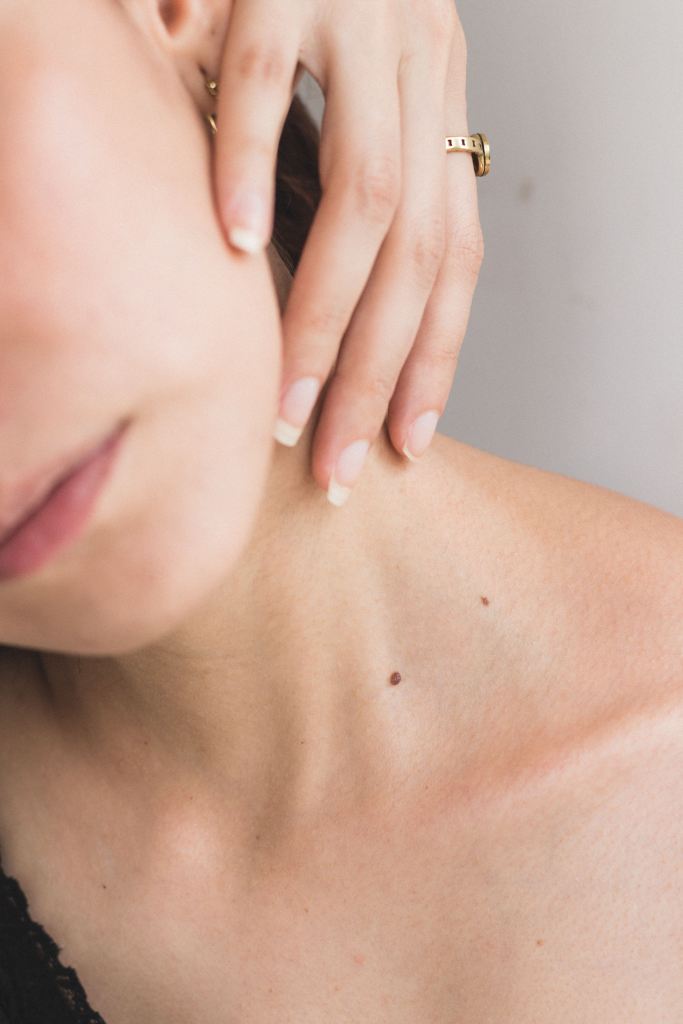It might not sound pretty, but your skin is covered in an invisible layer of bacteria called your microbiome, and you need to take steps to protect it if you want your skin to look youthful and fresh. It's important to protect your skin microbiome to keep toxins out of your pores, prevent infections, and keep your skin in top shape.
What is skin microbiome?
Technically speaking, skin microbiome refers to the diverse community of microorganisms that live on the surface of our skin. It's a complex ecosystem of bacteria, fungi, viruses, and other microorganisms that coexist in a delicate balance. Research has shown that this microscopic community is crucial in maintaining skin health, protecting against infections, and supporting overall well-being. Understanding the composition and function of the skin microbiome has become an important area of study in dermatology and microbiology.
Importance of skin microbiome
A healthy skin microbiome is important because it helps to protect the skin from harmful pathogens and maintains its natural barrier function. A healthy skin microbiome can also help reduce the symptoms of inflammatory skin conditions such as acne and eczema. Additionally, a healthy skin microbiome can promote collagen production, helping to keep the skin looking youthful and radiant. Maintaining a healthy skin microbiome is crucial for supporting the overall health and appearance of the skin.
How to improve skin microbiome
You can improve your skin microbiome by adopting an anti-inflammatory lifestyle and using biologically friendly skincare products containing pre- pro- and post- biotic nutrients.Eating a diverse diet of the fiber-rich plants and fermented foods that support a healthy gut can also help promote healthy bacteria on the skin. Avoiding harsh surfactant cleansers, alcohol-based toners, and barrier-disrupting chemicals can also help maintain your skin's natural balance.
Some other do's, and don'ts to improve your skin microbiome include:
Pat, don't rub, when towel drying your face

After cleansing, avoid rubbing a towel on your face to soak up excess water. Even a soft towel can be abrasive enough to trigger low grade inflammation as you rub away the bacteria your skin needs to stay strong and resilient. Get into the habit of patting your face dry instead.
Treat Yourself to a Morning Massage

The skin renewal process takes place while you sleep, and new bacteria form on the skin's surface during this renewal period. When you wake up in the morning, gently massage your skin with your fingers while cleansing your face (skip the abrasive scrubs or skin brush) to preserve your delicate microbiome.
Stay Hydrated

You've certainly heard by now how important it is to drink plenty of water throughout the day but might not know how hydration affects your skin microbiome. Your body needs water to flush toxins and much detoxing happens through your skin's pores. If you're not getting enough water, these processes slow down and can affect the quality of your skin. Drinking more water will keep your microbiome happy and your skin healthy.
Get Outdoors

Spending time in nature -- anywhere where you have live plants, flowers, and vegetation -- can help improve the health of your skin. Lush green areas are full of microbes that we need to keep your systems in check. You inhale these, and some of them land on your skin, making for the perfect breeding grounds for healthy bacteria.
Use Prebiotics and Probiotics

You can take bacteria-nourishing supplements to keep your gut health in check and also use topical products to help keep your skin health in check. Look for skincare products that list prebiotics and post-biotic lysates as key ingredients for skin microbiome balance.
Protecting your skin microbiome is your first line of defense against skin damage and even many of the signs of aging. Keep your skin healthy and glowing by making a few small changes to your beauty routine.
How to restore skin microbiome
Restoring the skin microbiome can be achieved through a combination of skincare habits and lifestyle changes. Avoiding harsh skincare products and incorporating phytonutrient-based products can help promote the growth of healthy bacteria on the skin. Additionally, maintaining a balanced diet that includes a diversity of fiber-rich foods can support the overall health of the skin microbiome. Reducing stress levels and getting enough sleep can also maintain or restore the skin's microbiome, as stress and lack of sleep can disrupt the balance of bacteria on the skin. A combination of healthy skincare habits, a balanced diet, and an anti-inflammatory lifestyle are the best methods to support the microbiome that supports your healthy-looking radiant skin.

